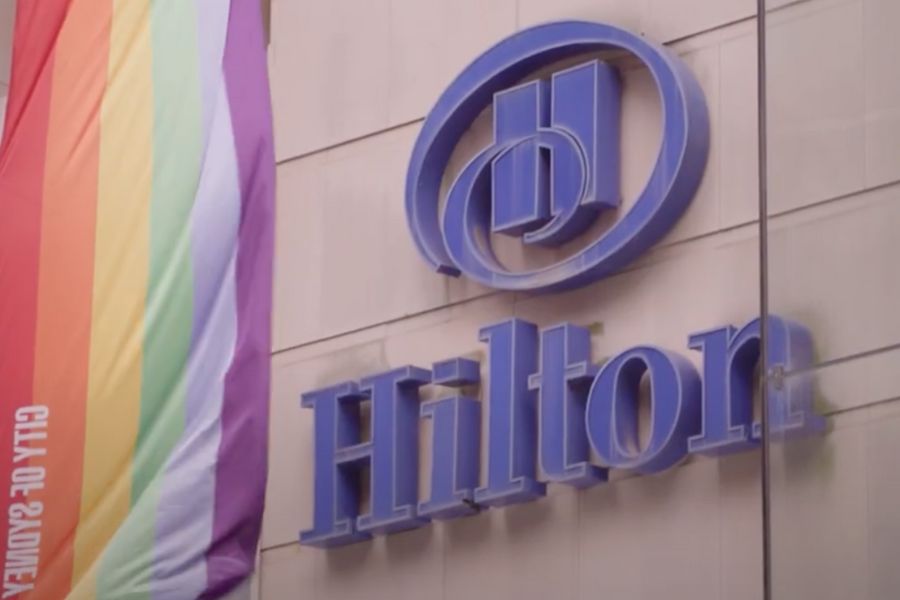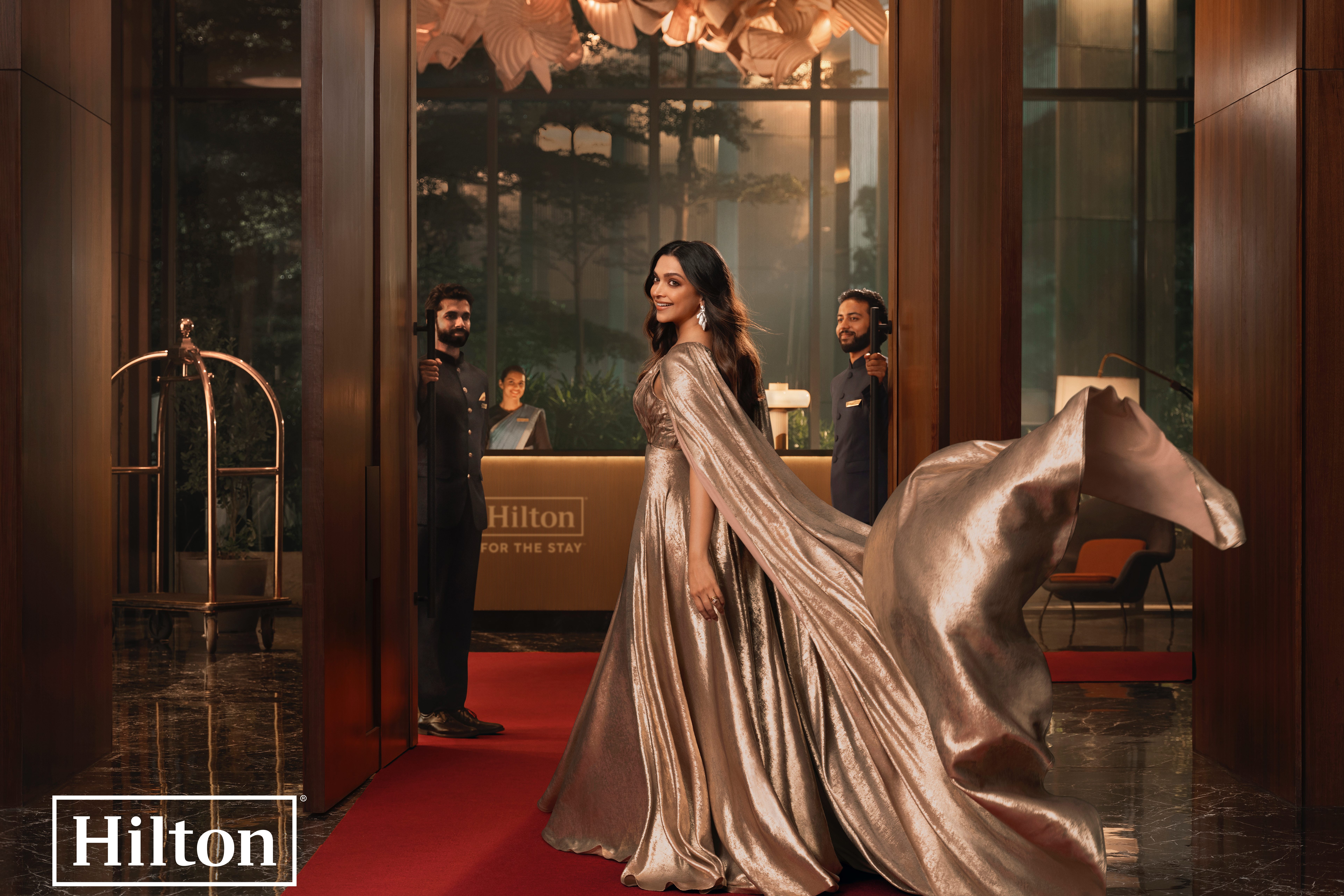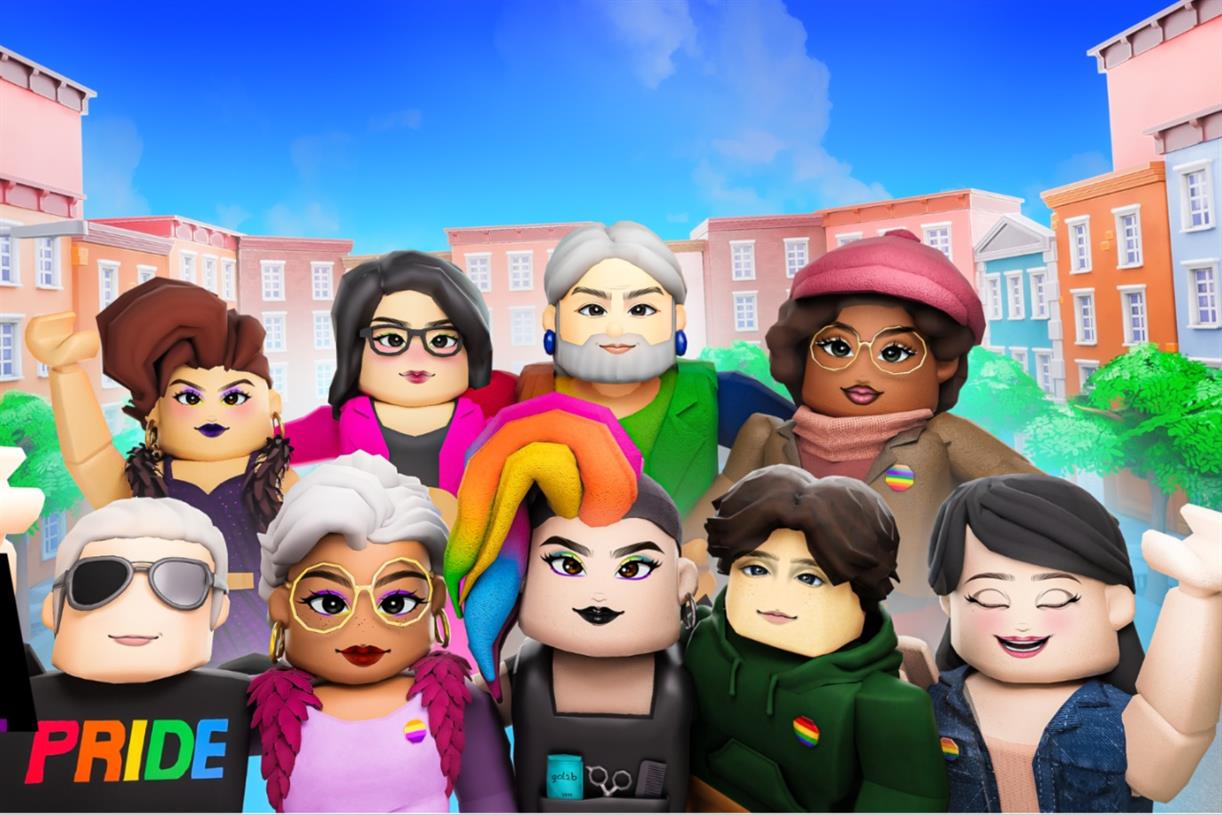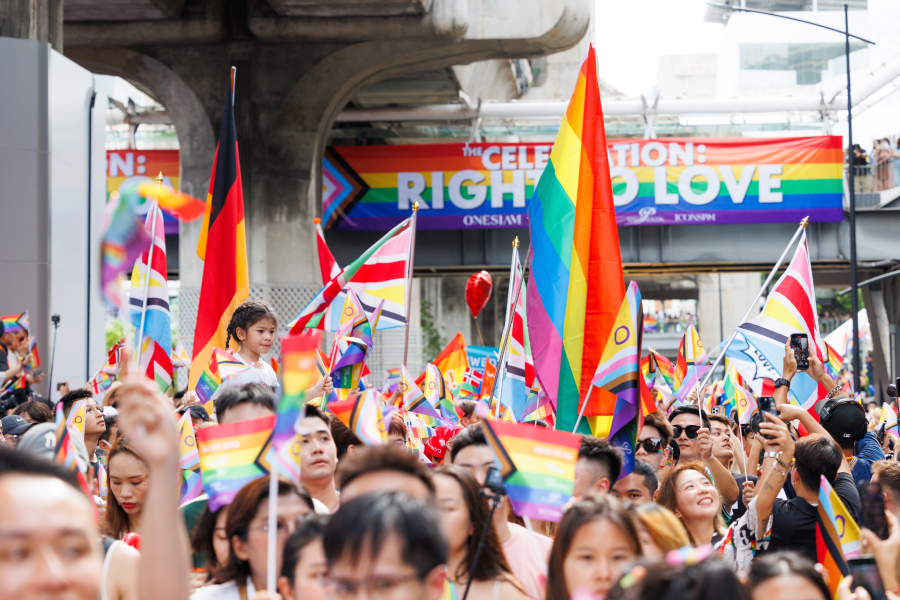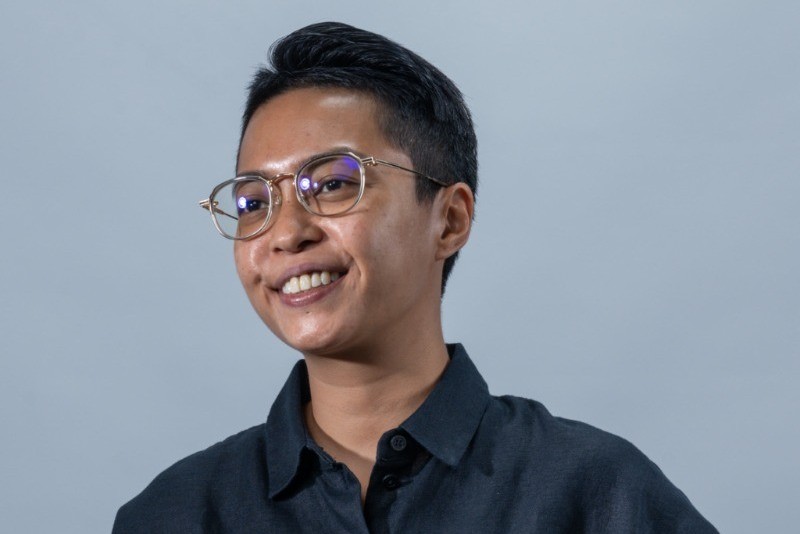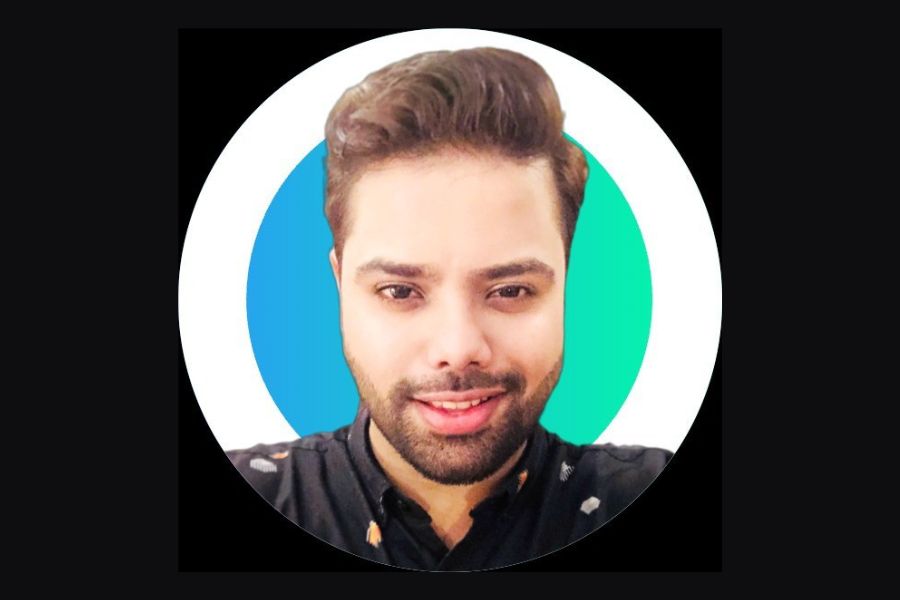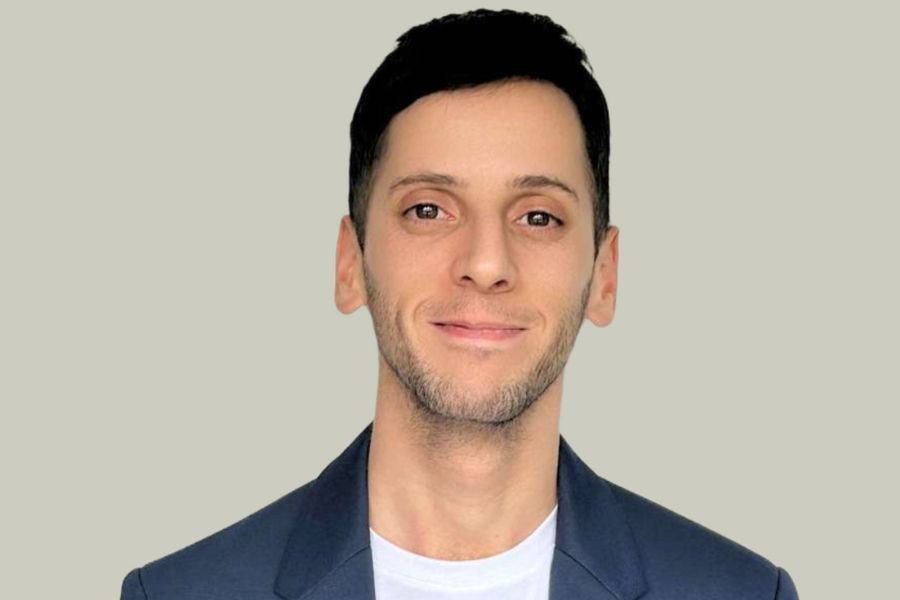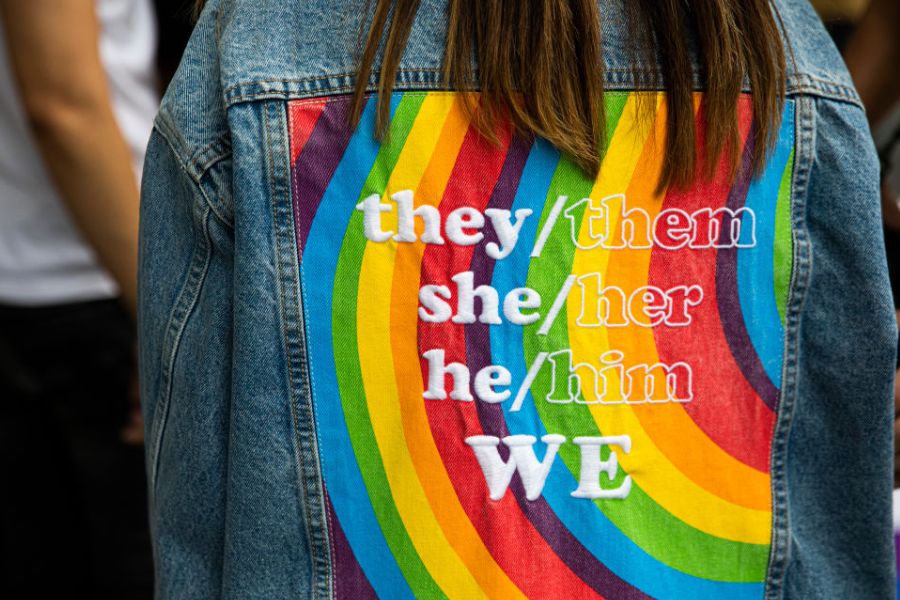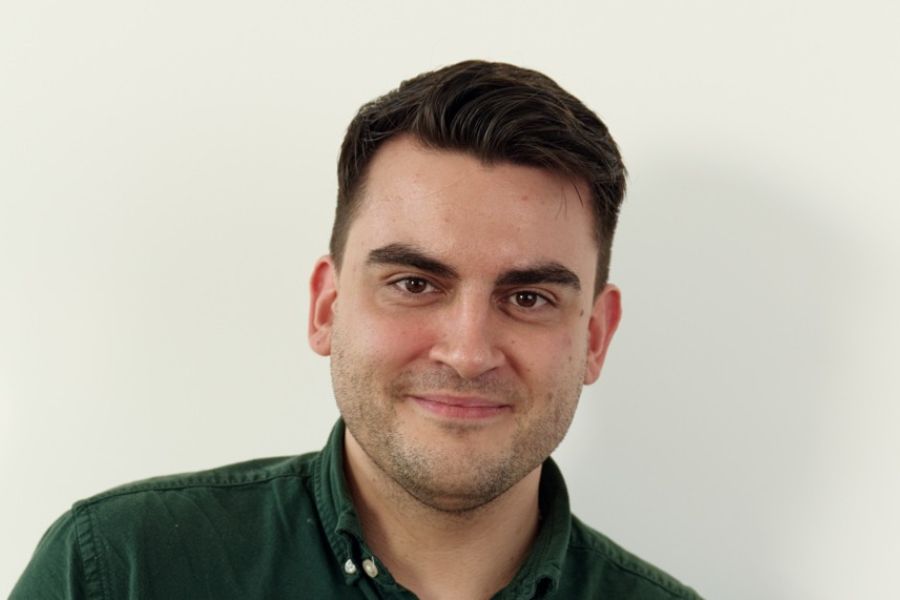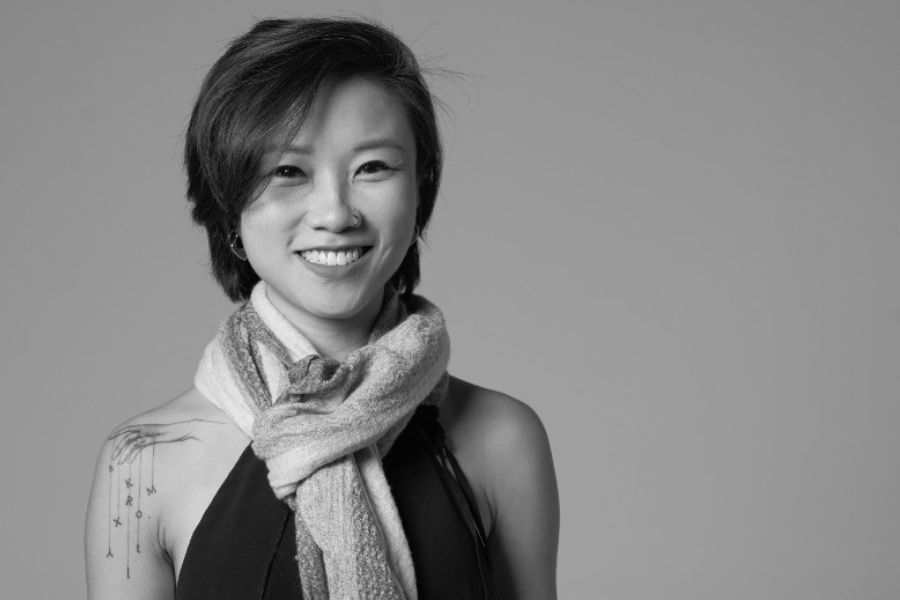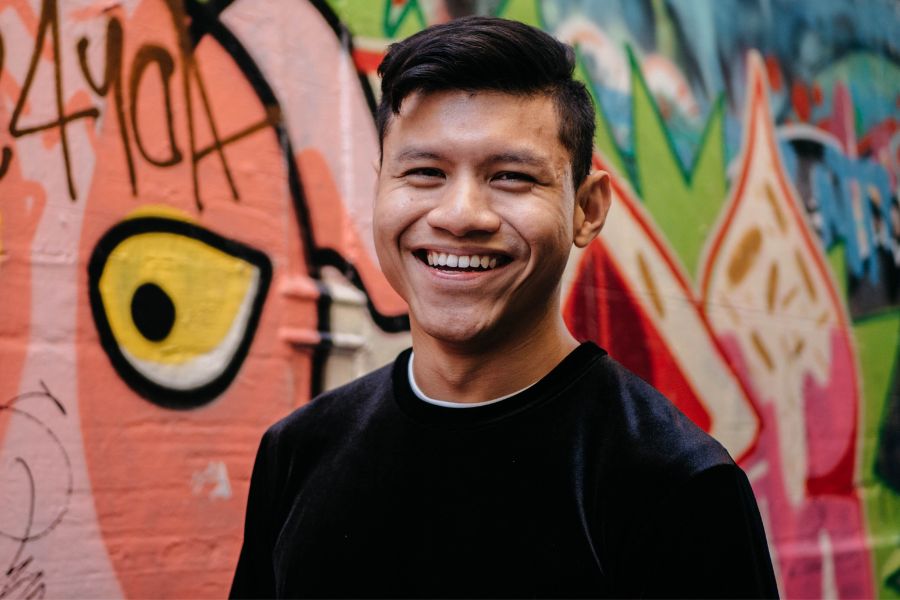In today's landscape, any significant brand activation during Pride Month, regardless of its scale, is vulnerable to backlash from anti-LGBTQIA+ activists, both physically and online.
Notable examples include Bud Light, who faced significant opposition and a subsequent decline in sales due to its partnership with trans influencer Dylan Mulvaney.
Similarly, retail giant Target encountered the ire of anti-LGBTQIA+ activists, leading to alterations in its Pride merchandise display, and the relocation of certain items to a smaller section at the rear of the store.
These instances highlight the challenges brands still face in navigating the complexities of inclusivity even in the face of change, and the potential repercussions they may still encounter when engaging with LGBTQIA+ initiatives.
So how does one get it right, when the stakes are so high and the impact can be so profound?
One brand that has stood by their inclusivity initiatives is Hilton. The hotel collaborated with charity organisation Minus18 during Sydney's WorldPride in February 2023 to provide LGBTQIA+ youth in Australia with free, inclusive, and empowering school formals.
The initiative, launched by celebrity Ruby Rose, will expand Minus18's Queer Formals program to new cities and regional areas in 2024, offering LGBTQIA+ youth nationwide the opportunity to express their true selves at school formals.
Hilton also hosted a Rainbow Formal gala to support Minus18's future events and educational programs. In addition, the hotel brand implemented gender and sexuality training in collaboration with Minus18 across its network of 23 properties in Australia and New Zealand, reinforcing its commitment to diversity and inclusion.
Gretchen Moore, vice president for marketing and loyalty for Asia Pacific at Hilton, tells Campaign the brand "lives and breathes" an inclusive culture that celebrates diversity at its core.
"While attending a school formal (prom) should be a rite of passage for every Australian teenager, unfortunately for teenagers who identify as part of the LGBTQIA+ community, attending their school formal as their authentic selves is not always possible," explains Moore.
"As a venue for school formals in Australia and through this partnership, Hilton is dedicated to reinforcing our commitment to positively impacting our communities. We strive to provide a welcoming stay and experience for all guests who come through our doors."
It's also to be noted that the campaign does not aim to increase bookings.

Behind the hotel's decision to take a stand
Supporting the LGBTQIA+ community is a bold move for Hilton, due to its historically conservative and traditional perception in the market, and as can be expected when a brand often comes out publicly to support the LGBTQIA+ community, it is never without its critics. Several hate and negative comments have appeared on social media since the launch of the initiative, however the Hilton remains steadfast to ensure their change is meaningful and lasting.
To avoid 'rainbow-washing', the brand commissioned Singapore-based creative agency Kvur to help build and create awareness of their brand ethos during the Sydney WorldPride 2023.
Uma Rudd Chia, the co-founder of Kvur, shared with Campaign that as part of this process, the Hilton brand team wanted to ensure that no matter the ideas presented, they had to be brought to life in a genuine and authentic manner. During their research, the agency discovered that despite Australia being one of the most liberal countries in the world, the country's Queer youth still faced the risk of being expelled for attending school formals with same-sex partners or as themselves.
Tapping into the insight that Hilton is one of the more popular venues for school formals across Australia, the agency suggested that the brand come out and make their ballrooms around the nation available for Queer Fomals as a welcoming gesture of inclusivity and diversity.

"The first and most significant challenge was ensuring accountability to the cause – staying true to the Hilton brand and maintaining a balance in speaking of the brand stance whilst promoting and celebrating the partnership with Minus18, Australia's LGBTQIA+ youth charity in making this happen," explains Chia.
"The second challenge was the time crunch and logistics. In under six weeks, we had to pull together a campaign that was a first for Hilton globally, regionally and locally in Australia across three time zones (Singapore, Australia and the US), working with multiple celebrities, vendors and partners. It was challenging."
Chia adds: "We worked 16 hours almost daily for those weeks – weekends included. Usually, an agency would require 12 weeks at least to pull off something like this. But all of us, our partners and clients, worked together towards the same goal."
Part of this goal was also partnering with the right voices and celebrities to amplify the reach of their message, with Ruby Rose (a popular Australian music and media personality and member of the LGBTQIA+ community) being selected as an influential voice to lead the campaign. Rose, who has openly discussed her battles with accepting her own identity and navigating through the struggles for representation in Australia, was the perfect fit for raising awareness on such a cause, shared Kylee Vowles, co-founder at Kuvr.

How other brands can take a stand
For other brands looking to make a similar impact in their communities and industries, particularly regarding social issues and advocacy, the learning is to find true insight and connection with the culture of the LGBTQIA+ community.
Brands also need to find a natural tension they can uniquely resolve or help make better.
"When you see this sweet spot, you will have an influential role to play, and the marketers of the brand can lay their heads on the pillow at night, knowing they have made a real impact in the lives of others," explains Chia.
Vowles adds that brands need to be in it for the long run. "Do something good for your community. But do not do it to meet a quota. Return to the cause after a few months and see your impact and how you can do something better. Work with partners that are not just in it to win an award, but also genuinely want to improve the world."

